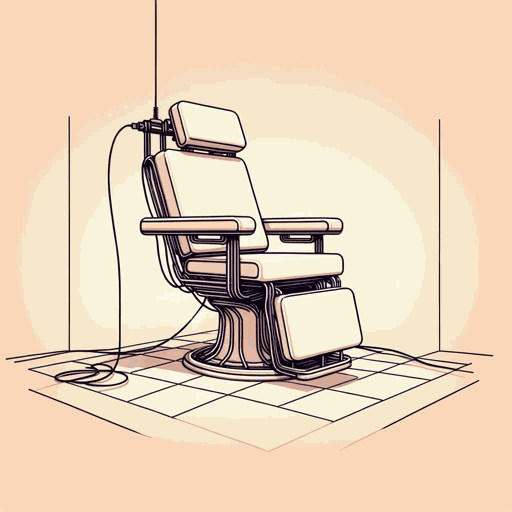41 pages • 1 hour read
George SchuylerBlack No More: Being an Account of the Strange and Wonderful Workings of Science in the Land of the Free
Fiction | Novel | Adult | Published in 1931A modern alternative to SparkNotes and CliffsNotes, SuperSummary offers high-quality Study Guides with detailed chapter summaries and analysis of major themes, characters, and more.
Important Quotes
“‘No,’ she said icily, ‘I never dance with niggers!’ Then turning to her friend, she remarked: ‘Can you beat the nerve of these darkies?’ She made a little disdainful grimace with her mouth, shrugged daintily and dismissed the unpleasant incident.”
(Chapter 1, Page 5)
Max encounters bitter racism as he meets Helen, his future wife, for the first time on New Year’s Eve 1933. This exchange sets the scene for the novel, dramatizing the bitter prejudice that Schuyler believes is a characteristic of the relationship between many white people and black people in America. Ironically, later in the novel, evidence proving black ancestry in the Givens family line appears, so when Matthew, formerly known as Max, reveals to his wife that he is black, she accepts him on the spot.
“Yes, Crookman was staying at the Phyllis Wheatley Hotel. Why not go and see what there was to this? Why not be the first Negro to try it out? Sure, it was taking a chance, but think of getting white in three days! No more jim crow. No more insults. As a white man, he could go anywhere, be anything he wanted to be, do most anything he wanted to do, be a free man at last…and probably be able to meet the girl from Atlanta! What a vision!”
(Chapter 1, Page 7)
This passage briefly describes the benefits of the Crookman treatment: Becoming white means no longer having to endure discrimination and hatred, while promising freedom and access to women previously inaccessible. Schuyler’s juxtaposition of important philosophical notions with basic human impulses, like a man’s attraction to a pretty woman, is characteristic of his style.
“Max would say nothing. In the first place, he thought to himself, if they’re so anxious to know all this stuff, they ought to be willing to pay for it.”
(Chapter 2 , Page 15)
This passage offers the reader insight into Max’s pragmatic attitude toward life and toward money. Throughout the novel, the theme of capitalizing on one’s experiences for financial gain makes an appearance over and over, and Max’s craftiness enables him to exploit repeatedly the curiosity and the ignorance of others. After a newspaper pays him for his story, Max becomes annoyed because a photograph of his newly whitened face is linked with the article; his identity has been made public, outing him as a previously black man to the general public, which defeats the purpose of the painful procedure.

